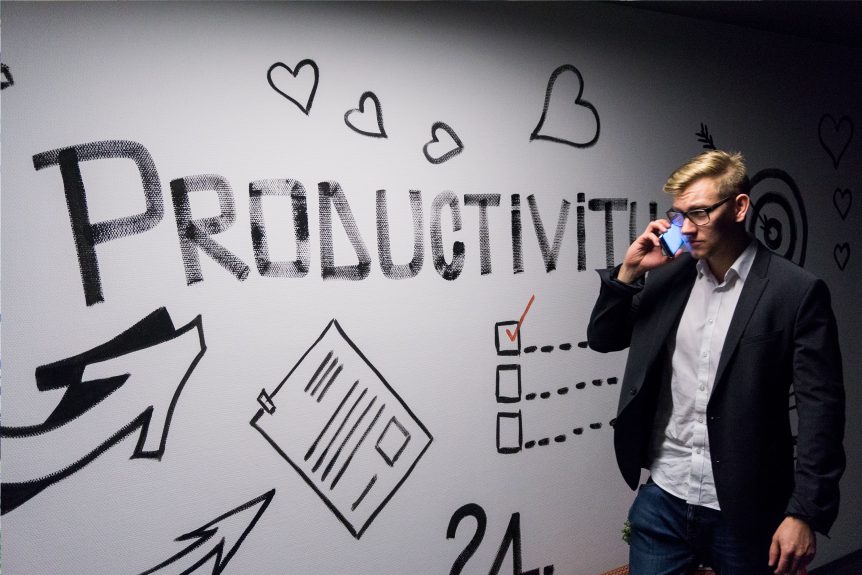By Sonya Beyers
The inter-generational workforce is going to be one of the biggest strategic matters boards will face over the next decade as Gen X and Baby Boomers prepare for the Millennials.
Research shows that by 2020 – just a short three years away – millennials will dominate employment and make up 42 per cent of the Australian workforce.
Those who embrace and prepare for this new generation – a generation who have their own ideas and expectations – will have the most engaged teams which generates better returns and/or delivery of mission.
In other words, boards need to understand the shift that is occurring in order to retain the best and brightest workforce and to devise the best strategies for growth.
Millennials have a different mindset and approach to work, careers and life.
We know now that millennials value portfolio-based employment – they are looking for positions and opportunities to add depth to their experience portfolio – and they will look for new projects and opportunities if their needs aren’t being met.
They are highly educated and the first generation to grow up with home computers, and as such are completely digitized which means not only are they an asset to helping organisations keep up with technological changes but they will also expect modern communication and delivery systems to match.
Whilst a ‘job for life’ might have been the epitome of career aspirations for previous generations, millennials look for shared values, organisations with a purpose beyond profit, and they want to see that employees matter to leadership.
Commentators have raised the point that millennials aren’t in fact job- hopping, but instead looking for better bosses and leaders.
This will drive a new paradigm of more inclusive styles of management, which we can already see in global organisation such as Google and Facebook where employee satisfaction is a high priority.
Indeed, as this survey by Deloitte’s found, millennials in Australia are seeking to make a positive impact and be involved in ‘good causes’ through their employers, and are seeking leaders who are inclusive, and value flexibility as well as full-time stability.
Only those organisations and companies who foster and accept this shift will be able to incorporate strategic planning for the future.
So how do we, as a Board, steer our business within this environment?
Building a millennial workforce
- Ensure we understand their needs within the workplace including being more flexible with how we connect with them to allow for portfolio workloads;
- Place millennials on committees as a succession tool;
- Establish a buddy system (pair more senior directors to work with the junior directors so they understand their role around the Board table);
- Set up advisory Boards/committees to provide them with a forum without the same level of commitment as that required on a Board.
It’s a case of ‘embrace or be displaced’ – Millennials are extraordinary humans and if they aren’t happy with how something is being done and they see an opportunity to deliver the same product/service more effectively elsewhere, they will go for it.
Why make them your competitors when they can be your allies?
Share this Post
Photo by Andreas Klassen on Unsplash

